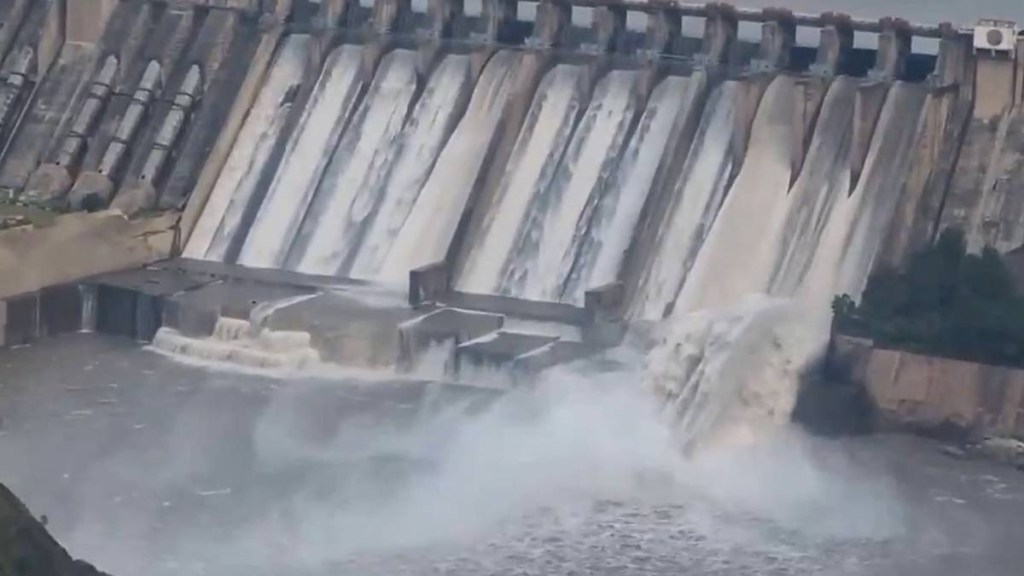After India announced that it was suspending the Indus Waters Treaty (IWT) with Pakistan following the terrorist attack in Pahalgam, it is for the first time that Pakistan has shown willingness to talk about the agreement issues India has flagged, according to The Indian Express.
Pakistan’s Water Resources Secretary, Syed Ali Murtaza, has reportedly replied to India’s official message regarding the Union Cabinet’s decision to pause the treaty. He offered to talk, on behalf of the Pakistani government, about the specific parts of the treaty that India is unhappy with.
Quoting sources familiar with the situation, IE said that Murtaza did raise concerns about India’s move, questioning how the treaty could be suspended when there is no clause in the agreement that allows for withdrawal.
His offer to discuss the matter is seen as important, especially since Pakistan had not responded clearly to India’s earlier requests in January 2023 and September 2024 to review and revise the treaty. It was only after the deadly April 22 attack in Pahalgam and India’s decision to suspend the treaty that Pakistan appeared open to discussion.
The Indian Express tried contacting Murtaza’s office on Wednesday but did not receive a response.
Within the Indian government, talks are now happening about Pakistan’s willingness to engage, especially after military tensions between the two countries eased following four days of conflict. India wants to move forward with plans to build dams and reservoirs on the rivers covered by the treaty for water storage and power generation. Pakistan, on the other hand, hopes that by reopening dialogue, it can stop or delay such projects, which would alter the current ground situation.
Murtaza’s reply came after a letter sent by India’s Water Resources Secretary Debashree Mukherjee on April 24, just two days after the Pahalgam attack. In the letter, Mukherjee stated that while honoring treaties is important, Pakistan’s continued support for cross-border terrorism in Jammu and Kashmir has made it difficult for India to do so.
Mukherjee explained in her letter that the ongoing security issues have made it difficult for India to fully use its rights under the Indus Waters Treaty, IE said in its report. She also pointed out that Pakistan has violated the treaty by not responding to India’s request for talks, as required by the agreement. As a result, the Indian government has decided to suspend the treaty with immediate effect.
Since then, India’s counter-strike, called Operation Sindoor – which targeted terrorist camps in PoK, parts of Pakistan, and some of its air bases – has stopped after both countries agreed to end all military action on land, air, and sea from 5 pm on May 10. However, India has made it clear that it will continue strong diplomatic pressure on Pakistan, including its most significant step so far—suspending the Indus Waters Treaty (IWT).
If talks do begin over the treaty, India is expected to insist that the discussions happen directly between both countries, without involving any third party. This means India is unlikely to accept help from the World Bank or any other outside group in making changes to the agreement.

